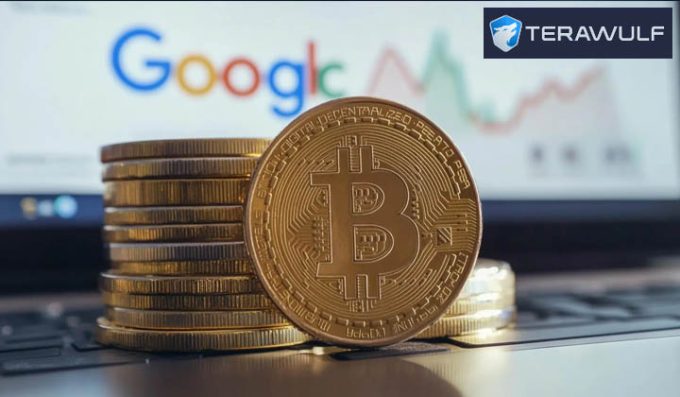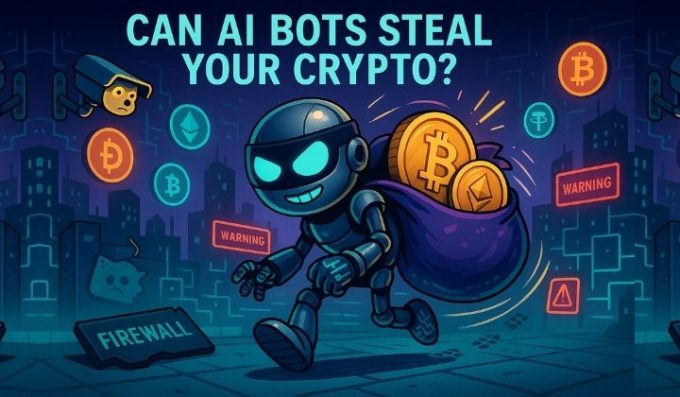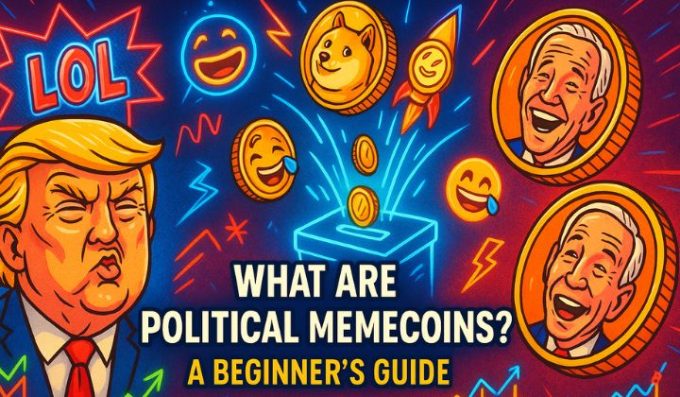The Most Popular Use Cases of NFTs: From Art, Gaming to Real Estate
By Ruchi Sharma
Non-fungible Tokens or NFTs have evinced a lot of interest amongst stakeholders in the world of Web3 and have eventually become a reality in the world of arts and entertainment. Although extensive implementation of NFTs is yet to occur, proponents of the technology claim that a basis is being prepared for more widespread applications of NFTs. However, many real-world corporate use cases, ranging from licensing and certifications to real estate and banking, to supply chain management and logistics, are still in the early stage. Here are a few of the interesting ones:
Art, luxury Brands, and Sports
NFT applications first gained traction in the collectibles, art, gaming, and virtual world industries. Cryptopunks, which are algorithmically created pixel graphics, and Cryptokitties, a virtual game, are two early use cases in art. In one of the most expensive NFT sales, the NFT linked with “Everydays: The First 5000 Days,” a collage of photographs made by artist Mike Winkelmann (better known as “Beeple”), sold for $69.4 million.
Digital fashion, like artwork, may be authenticated and traded on blockchain but not reproduced. The fashion sector can employ NFTs to improve brand awareness, from major fashion houses like Gucci, Louis Vuitton, and Dolce & Gabbana to brands like Adidas and Forever 21. NFTs include virtual clothes that customers may wear in virtual worlds, digital content that owners can interact with, and digital twins of real-world products.
Tickets to sporting events and other items are also being tokenized. “Moments,” video clips of game highlights sold on NBA Top Shot, a blockchain-based trading card system, are an example of a sports collectible.
Real estate
NFTs can be used to market real estate in both virtual and physical worlds. Digital real estate applications have gained traction in virtual world games such as Decentraland, in which participants develop and purchase territories in a virtual world. Using NFTs ensures that the original creators and owners of the things can be identified.
Virtual real estate NFTs are traded on NFT exchanges in transactions that are more efficient and transparent than traditional real estate transactions. Instead of a traditional deed or title, ownership of virtual real estate is documented on a decentralized ledger via an NFT. Holders own their digital things in perpetuity.
Healthcare and Medicine
Although NFTs in healthcare are still a new trend, they can be used to store medical data such as patient history and lab and imaging findings. Patients would have easier access to their own health information, clinical data would be more transparent, and medical research would be improved. NFTs can also preserve unique genetic information, which can help academics and pharmaceutical companies enhance therapies. Furthermore, NFTs can retain information on the ownership and attribution of medical research and discoveries, which would aid in the protection of intellectual property rights and the facilitation of licensing and royalty agreements.
Identification, certification, and documentation
NFTs can be used to tokenize documents such as degrees, academic certificates, licenses and other qualifications, medical records, birth certificates, and death certificates because they contain code with a unique collection of information.
The identity or certification can be issued immediately over the blockchain as an NFT traceable back to the owner. Using NFTs to store and preserve medical records, personal profiles, education, and address details digitally provides consumers more control over their data and can help avoid identity theft.
Supply chain and logistics
The primary role of NFTs in the supply chain is to authenticate products, ensure their quality, and confirm their origin. Despite being in their early stages, NFTs are excellent for logistics applications due to their immutability and transparency, which ensures the authenticity and reliability of supply chain data.
NFTs prevent counterfeiting, aid in the tracking of goods as they go through the supply chain, and ensure uniqueness, all of which are applicable to supply chains for luxury fashion brands. NFTs can also provide information about each material and component in a specific product for firms like the auto sector, which can aid in cost control. NFTs could also help industries track the use of ethically sourced, recyclable, and sustainable materials.
Finance
According to industry experts at Insider Intelligence, the financial community including institutions like Goldman Sachs, JPMorgan, and Nomura, is studying NFTs as “assets, tech solutions, and marketing tools,” after long considering high end physical collectibles as part of investors’ portfolios.
They have applications in the financial sector since they help record and transfer virtual assets on a blockchain network while keeping sensitive information secret and secure. They also aid in the management of royalties. It is evident who owns an asset and who should be compensated when using NFTs.
Domain name ownership
Owners of blockchain domains can govern their domains using private keys. In contrast, the standard domain name system is controlled by the Internet Corporation for Assigned Names and Numbers, and domains are subject to little monitoring. Censorship and security issues are raised as a result of this. NFT domain names, on the other hand, are decentralized, permanently stored in a public registry, and immune to deletion or manipulation by a third party.
NFT domain names are similar to standard top-level domains that finish in.com, but they also include extensions such as. crypto and .eth. Web 3.0 domains, decentralized domains, and crypto domains are other names for NFT domains.
Web 3.0 domains are often one-time purchases, as opposed to fee-based Web 2.0 domains that must be renewed on an annual basis. NFT domains are also user-owned, which means that centralized corporations such as GoDaddy or Google Domains cannot ban or seize a domain at any time. Domain NFTs can also be used as cryptocurrency public addresses, allowing the domain to send and receive payment in other compatible cryptocurrencies and tokens.
You need to login in order to Like












